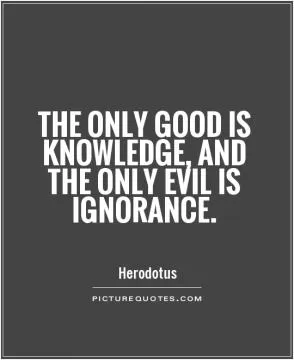A man calumniated is doubly injured - first by him who utters the calumny, and then by him who believes it

A man calumniated is doubly injured - first by him who utters the calumny, and then by him who believes it
In the context of Herodotus, the quote "A man calumniated is doubly injured - first by him who utters the calumny, and then by him who believes it" holds significant relevance. Herodotus, often referred to as the "Father of History," was a Greek historian who lived in the 5th century BC. He is known for his meticulous research and detailed accounts of the Greco-Persian Wars, as well as his exploration of various cultures and societies.In his works, Herodotus often delves into the complexities of human nature and the consequences of false accusations and slander. The quote highlights the damaging effects of spreading false information and the importance of critical thinking and discernment in evaluating the truth.
When someone spreads a calumny or false accusation against another person, they not only harm the reputation and character of the individual being targeted but also perpetuate a cycle of mistrust and misinformation. The act of calumny can have far-reaching consequences, leading to social ostracism, loss of livelihood, and even legal repercussions for the victim.
Moreover, the quote emphasizes the responsibility of the listener or the one who believes the calumny. In Herodotus' time, as in our own, people were often quick to accept rumors and gossip without verifying the facts. By blindly believing and spreading false accusations, individuals contribute to the perpetuation of falsehoods and the erosion of trust within society.
Herodotus' works serve as a cautionary tale about the dangers of misinformation and the importance of seeking out the truth. Through his meticulous research and unbiased accounts, he encourages readers to question assumptions, challenge prejudices, and approach information with a critical eye.












 Friendship Quotes
Friendship Quotes Love Quotes
Love Quotes Life Quotes
Life Quotes Funny Quotes
Funny Quotes Motivational Quotes
Motivational Quotes Inspirational Quotes
Inspirational Quotes